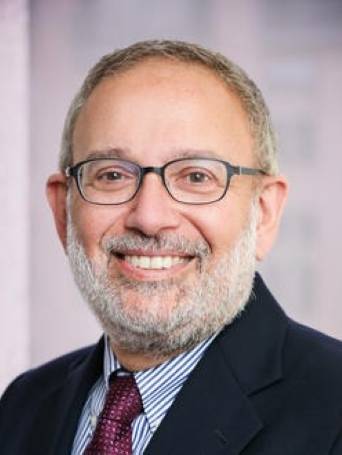
Stephen Zuckerman, PhD, is a vice president and senior fellow in the Health Policy Center at the Urban Institute. He has studied health economics and health policy for 35 years and is a national expert on Medicare and Medicaid physician payment, including how payments affect enrollees’ access to care and the volume of services they receive. He is currently focused on exploring the effects of the COVID-19 pandemic on family health and well-being using data from two internet-based surveys of nonelderly adults designed by the Urban Institute. In addition, Zuckerman has published several recent studies on the access and affordability implications of long Covid, hospital finances and Medicare Advantage. His work on Medicare Advantage has focused on enrollment trends, health plan bidding incentives, post-acute care, and racial and ethnic disparities in access to and use of health care.
Zuckerman has published extensively on a range of topics, including the determinants of geographic differences in Medicare spending, Medicaid managed care, state coverage expansions for adults, changes in Medicare benefit design that could protect the most vulnerable beneficiaries, hospital rate setting, the development of patient-centered medical homes, the State Innovation Model in Michigan trying to improve the connection between primary care and community-based social services. Other issues he has worked on include Medicaid financing arrangements used by states, crowd-out of private coverage by SCHIP, the health care safety net, and survey approaches for measuring insurance coverage. Zuckerman also co-directed the development of the Geographic Practice Cost Indices used in the Medicare physician fee schedule.
Before joining the Urban Institute, Zuckerman worked at the American Medical Association’s Center for Health Policy Research. He received his BA from Lehman College, City University of New York, and his PhD in economics from Columbia University.